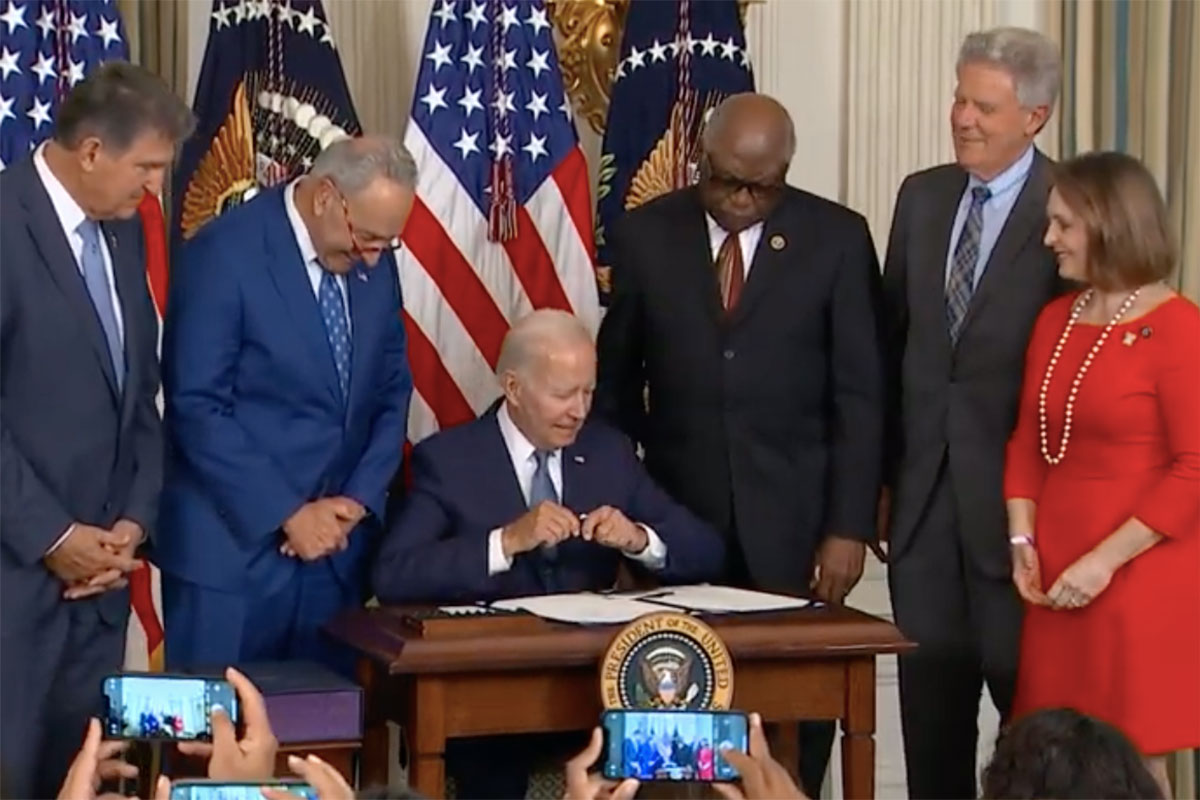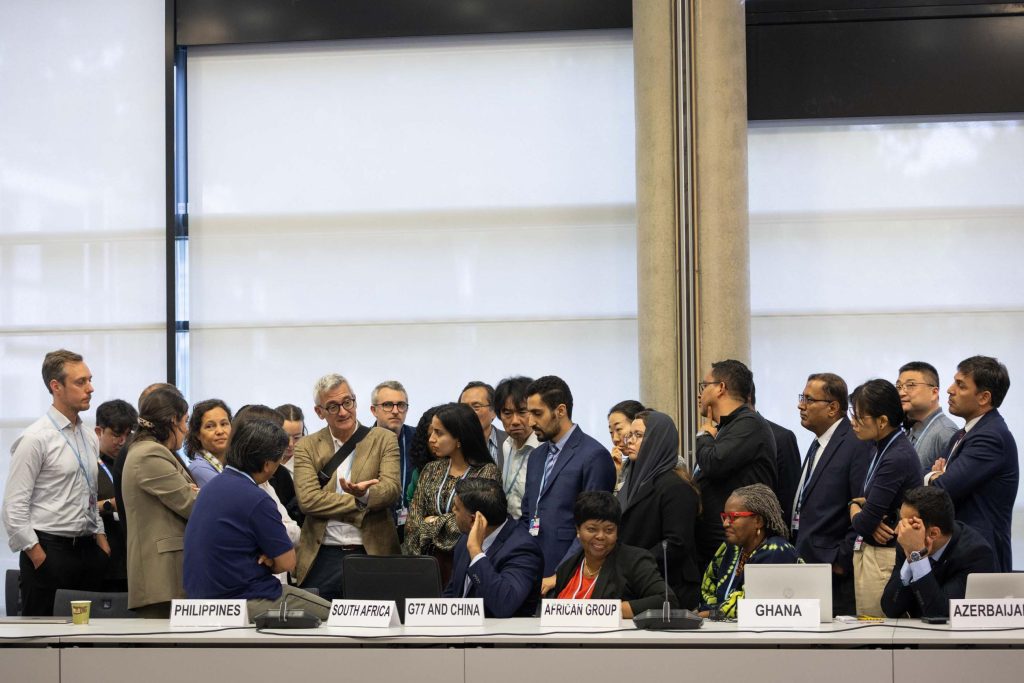On 16 August 2022, the Inflation Reduction Act of 2022 was signed into law. Although not entirely dedicated to climate change, the Act contains some of the most robust climate change provisions in American history. According to the Biden Administration, the Act will result in the investment of $369 billion in energy and climate programmes, and will avoid the release of 6.3 billion tonnes of GHG emissions by 2030. This is equivalent to a 40% annual emissions reduction. Earlier this year President Biden committed to an updated NDC target representing a 50-52% reduction by 2030. It is estimated that the investments brought about by the Act, coupled with additional federal regulations and activities will put this 50% goal within reach.
The Act puts forward a suite of measures, such as expanded tax credits for energy efficiency projects and for American-made renewable energy, nuclear, clean hydrogen, clean fuels, and carbon capture technologies. The focus on domestic sourcing and US work opportunities is part of the Act’s overall design to re-shore supply chains. It also includes incentives to keep existing nuclear power stations operating, together with ones for sustainable aviation fuel and the reduction of methane leaks from natural gas wells. Credits are also available for clean energy projects in towns where fossil fuel related activities are the primary source of employment.
Although the Act is focused on domestic action, its provisions will likely increase US competitiveness in clean energy, and further spur a race to the top in these technologies. Potentially the boost to US manufacturing of clean energy technologies may reduce their overall cost, making them more cost effective for importing countries, including many African states. It will also drive the demand for the minerals necessary for such technologies, a large portion of which are in Africa. The recently released and long awaited Strategy for Sub-Saharan Africa by the Biden Administration acknowledges this fact. In the strategy, the US expresses a desire to strengthen trade relations with Africa and to pursue public-private partnerships to develop and secure the critical minerals needed for its clean energy technologies.
The Act will also go a long way in restoring trust and a level of legitimacy between and US and the global climate community. Not only is it likely to improve the bargaining position of the US, but it may also bolster levels of ambition in other countries at COP27 in Sharm el-Sheik. Whilst it has many benefits, it has been criticised for supporting new offshore oil drilling leases and setting annual acreage minimums for oil and gas drilling as prerequisites for permitting some renewable energy, effectively promoting or allowing for ongoing fossil fuel development. This many not be received well by developing countries as debates about the global carbon budget intensify.
The Act should be read together with the provisions of the Strategy for Sub-Saharan Africa. While the Strategy expresses the intention of the US to work with African countries in their just energy transitions and adaptive responses, it makes only oblique references to the financial means by which such support will be forthcoming. In relation to the just energy transition, it makes reference to the need to harness “private sector investment” but makes no direct commitments to any particular volume of public climate finance for the continent.
The African Group of Negotiators (AGN) has made clear that the provision by developed countries of predictable and adequate climate finance is a top priority for African countries at COP27. To date climate finance has been insufficient in volume, ad-hoc and unpredictable in its provision and costly for many developing countries. In order to build trust on this issue it would be important for developed countries to set forward a roadmap on how they intend to commit to annual amounts of climate finance, including within their key domestic strategic plans, policies and laws.






